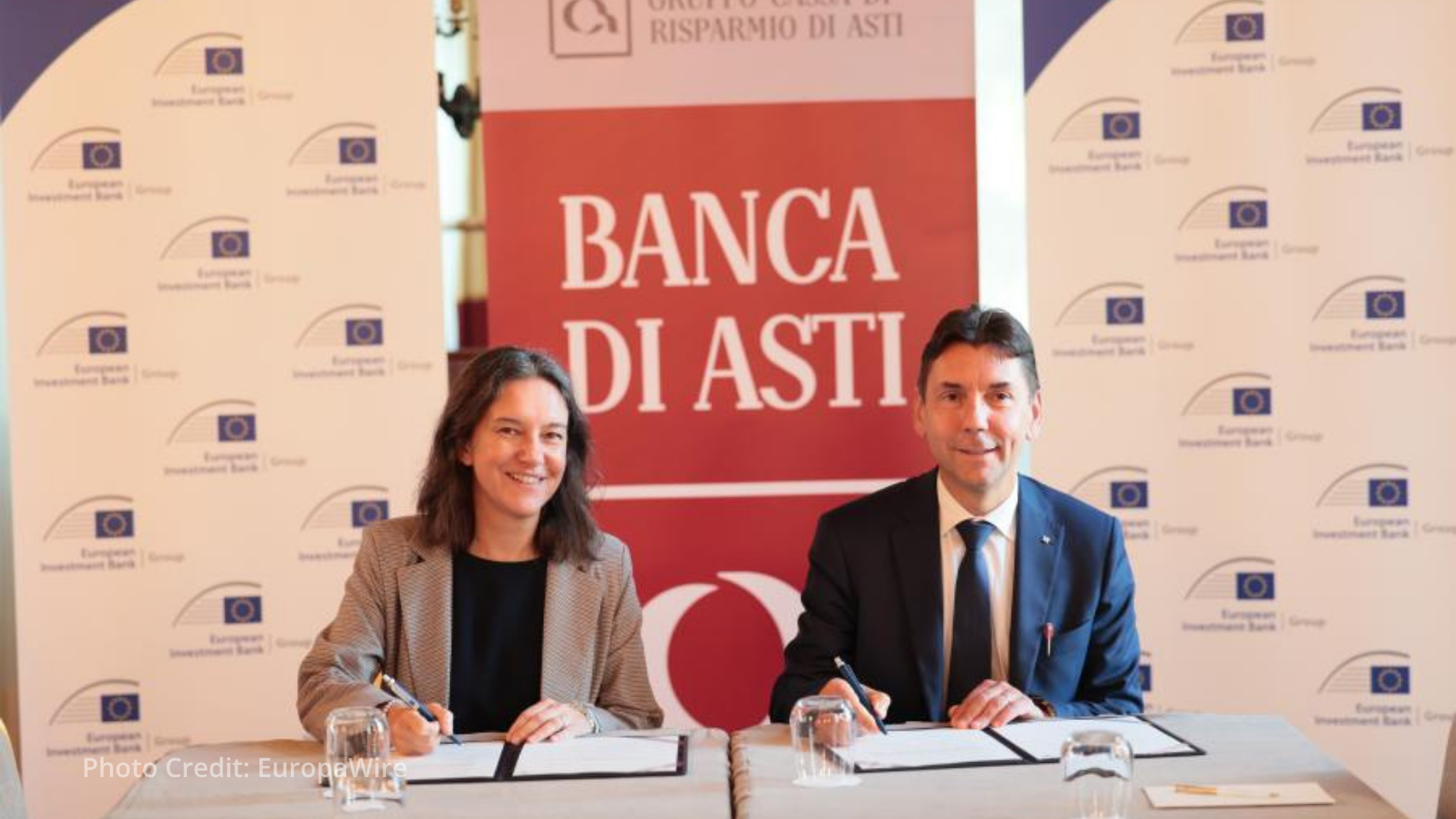The European Investment Bank (EIB) and Italy’s Banca di Asti signed a €100 million deal to help small and medium agricultural businesses across the country, the bank announced. The agreement was inked at the 11th Annual Conference on Financial Instruments in Milan, hosted by the European Commission and EIB Advisory team.
Over 150 experts attended the event, which focused on simplification measures in the new Common Agricultural Policy and how European financial tools can support the agricultural sector’s digital transition. The credit line puts special emphasis on businesses run by women and young entrepreneurs under 40. At least 10% of the funding must go to young farmers.
The deal is part of a €3 billion package the EIB approved for agriculture, targeting investments in farming and bioeconomy sectors. Banca di Asti wants to cement its position as a leading agricultural lender in northern Italy while helping businesses become more environmentally sustainable and competitive. This follows another €100 million financing operation the two institutions signed in December 2023, which has already backed investments by 285 small and medium companies in Italy. Of those, 105 were led by young entrepreneurs who often struggle to get traditional bank loans.
EIB Director Gemma Feliciani said agriculture “is a pillar of the country’s economy and identity” and represents one of the bank’s strategic priorities. She noted that investing in innovation, sustainability, and generational renewal helps build resilience in a sector that’s vital for economic and social development. Italian agriculture faces challenges from climate change, aging farmers, and competition from cheaper imports. Many young people have left rural areas for cities, creating concerns about who will run farms in the future.
Banca di Asti’s Enrico Berruti said the operation confirms the bank’s commitment to working with the EIB on EU priorities around innovation and business environment improvements. The bank will offer favorable terms to finance both investment and working capital, along with specialized expertise for agricultural clients. Small and medium agribusinesses often need financing for equipment upgrades, sustainable farming practices, and digital technology adoption. The favorable lending terms make it easier for farmers to access capital they might not get from commercial banks at standard rates.

